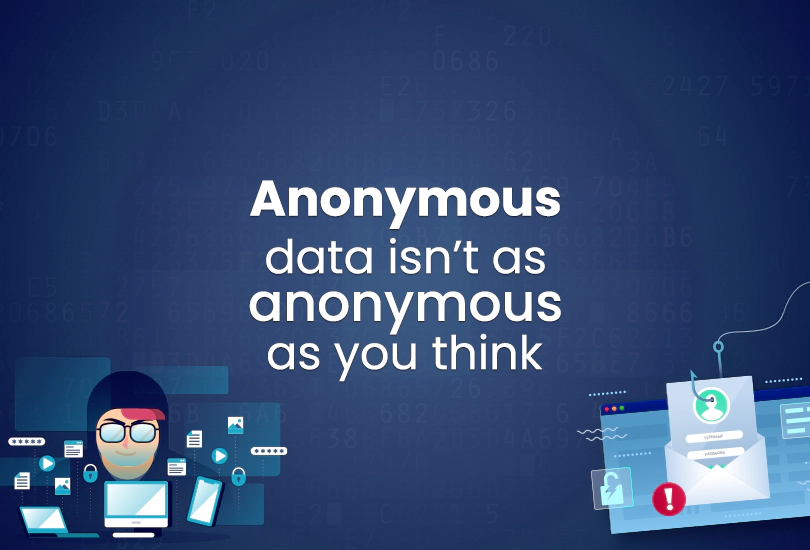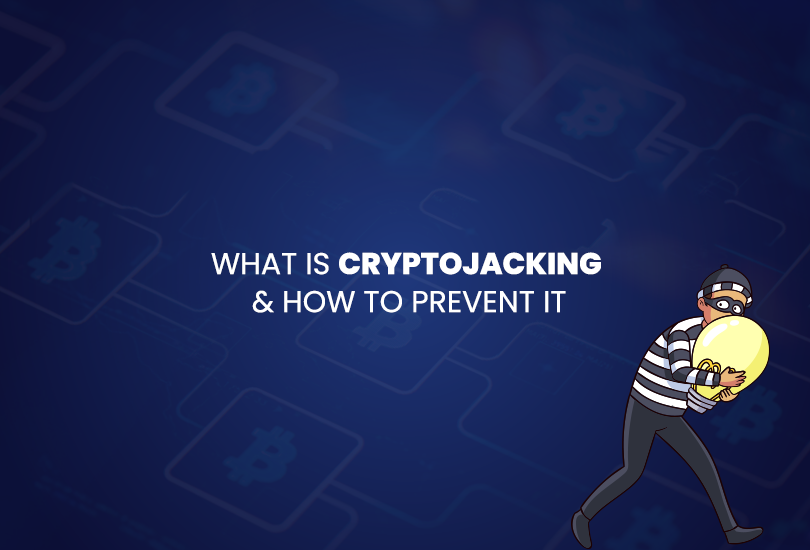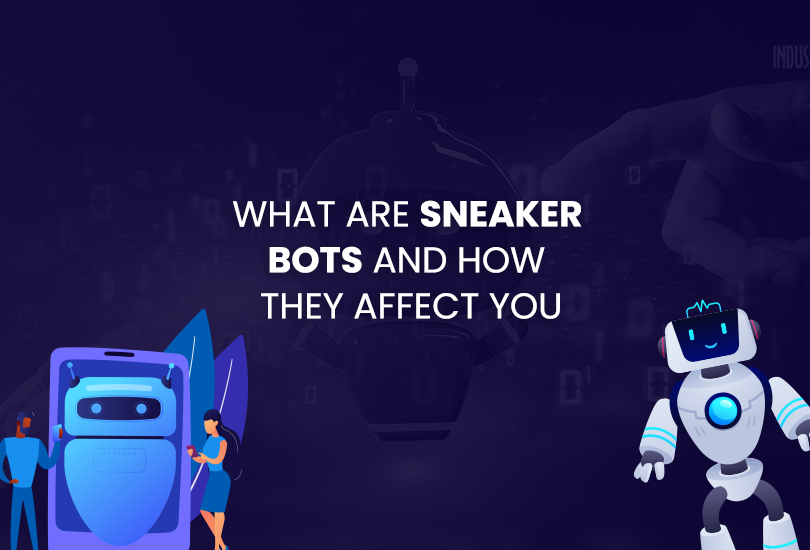A CVV code is a distinctive number for user verification before making an online purchase. It requires authenticating whether a card is in possession of the same person attempting to make a transaction.
A three-digit code is generated from the bank for every user to canvas on the back of a debit and credit card for safety purposes. Keeping a CVV code off the record maintains cybersecurity hygiene and protects your money from online scammers. This article covers everything about what is a CVV code and how to keep it confidential.
What Is a CVV Number?
Card Verification Value (CVV) is a three or four-digit unique security code earmarked on the back of every debit and credit card. A CVV is issued by a financial institution to each new card for significant reasons, including cardholder authentication, fraud prevention, etc.
A CVV number can be used for remote transactions by entering the CVV code on any website. It doesn’t require you to be physically available at the destination to swap your card in a machine to make a purchase.
Where Can I Find My CVV Number?
CVV number is automatically generated confidential code following several components to make it unique. Banks canvas a CVV number by having information related to user identity, issue, and expiry date of the card, the debit network, and the issuing bank’s logo.
Mostly, it depends on the type of card a user has issued. But, usually, a CVV number is written on the back of any debit and credit card besides the card validation or user signature. Master, Visa, and Union pay cards have a CVV number on the back, mentioned to the right of the signature strip.
Why Is a CVV Number Crucial?
A CVV is designed to protect a user’s privacy and security from cyber vulnerabilities. The three or four-digit code is meant to be used by the individual it is assigned to, without sharing it. Here are the three important reasons for using a CVV number.
Robust Security
E-commerce shopping has become common in this digital era. To make a safe online transaction, a CVV number is required to be provided along with a user name and card expiration date.
With the implementation of a unique CVV number, no one can exploit your card to make online purchases since it is a requisite. It is a feasible remote way without swiping your card.
Secure Online Purchases and Transactions
Having a CVV code ensures safe and secure online transactions through the gateway of a merchant’s POS machine. It is a unique identification number when you enter your credit card details to process an online purchase. Since only an authorized person uses his CVV, online scammers can’t steal and use your debit/credit card information.
Inaccessible to Third-Parties
Your online footprints can be found anywhere on the modern-day internet. But, unlike your user name, date of birth, and card’s expiry date, a CVV number is confidential and cannot be accessed by any third parties since Industry Data Security Standards cannot permit storage of a CVV number.
What are the Consequences of Entering a Wrong CVV Number?
Entering the wrong CVV number has significant consequences. The bank will refuse the transaction and send you an immediate alert to confirm the authenticity of the user by performing 2FA or MFA. If a third party breaches your credentials and you do not make the transaction, it will block your card after a confirmation.
FAQs
Sharing your CVV number can lead to nefarious cybercriminal activities that result in unretrievable damage. A CVV number can be used for online transactions, and giving it to someone can cause you to lose your account balance.
A CVV number is only for online transactions. It is never safe to give your CVV number over the phone and no one is supposed to ask it. It’s solely assigned to a person who is the cardholder and needs to maintain confidentiality.
Yes, every debit and credit card has a unique CVV number, which is confidential and assigned to a single user.
CVV stands for Card Verification Value. It consists of a unique three to four digits code assigned to every individual cardholder. The CVV code is usually written on the back of a debit, credit, and union pay bank card. Besides, some cards have a CVV number at the front.
Wrap-Up
Keeping your CVV number confidential is crucial to maintaining your financial credentials’ privacy and security. It is the key to securing your money from online fraudsters. Using security software such as a Virtual Private Network (VPN) can encrypt your data and protect your privacy while making an online transaction. OysterVPN offers cutting-edge encryption and robust privacy to keep your data safe from cyber vulnerabilities. Get an OysterVPN subscription, authenticated with a 30-Day money-back guarantee to enhance your web privacy today!






